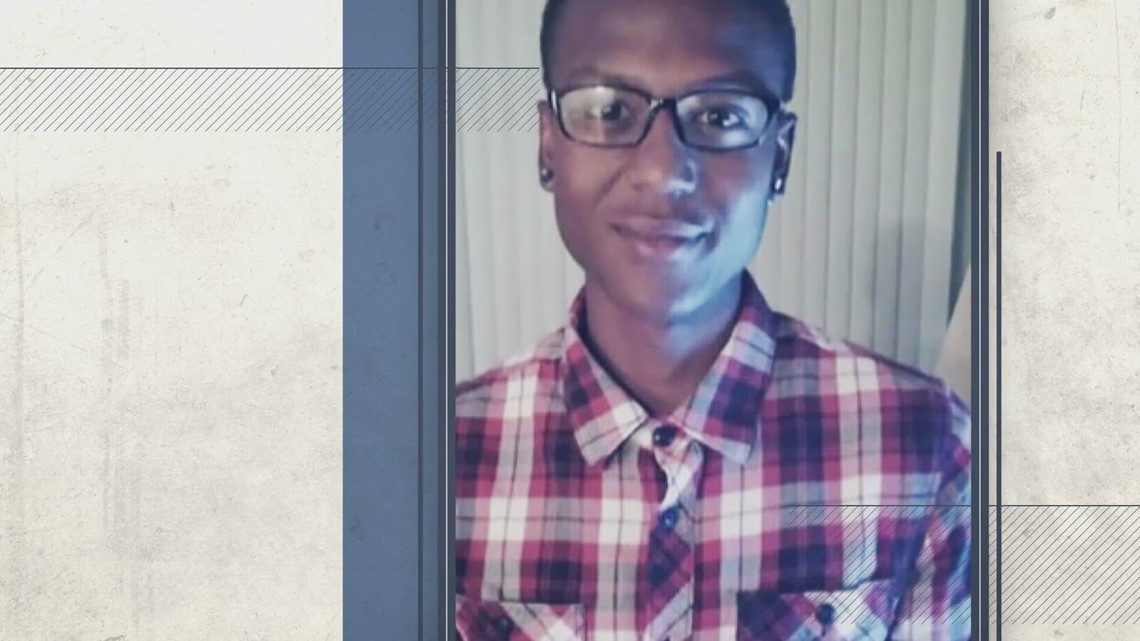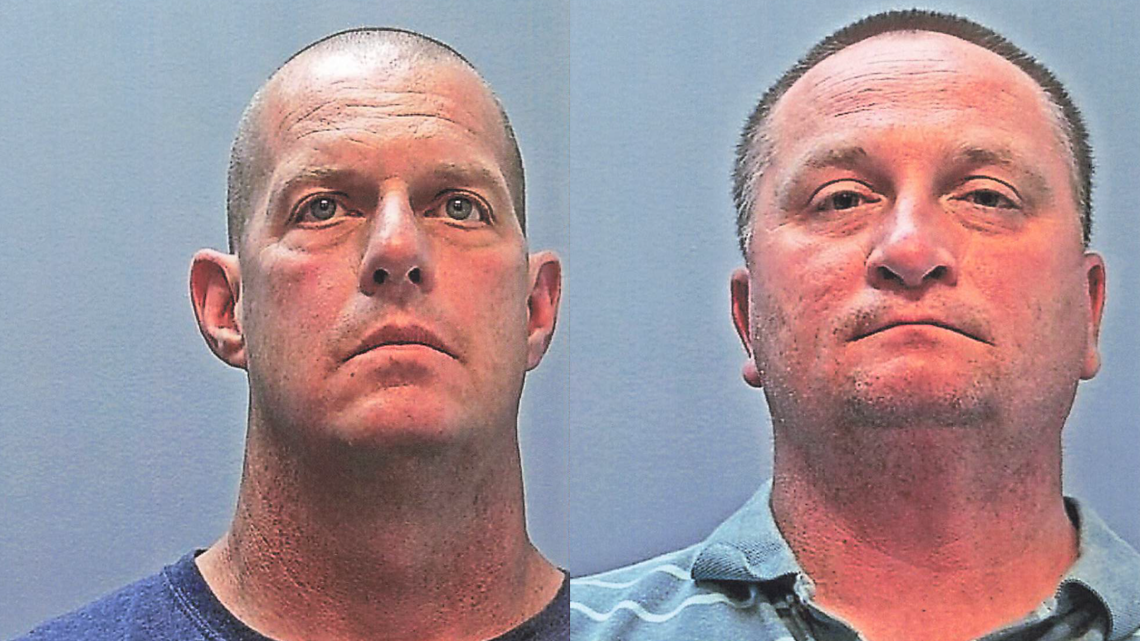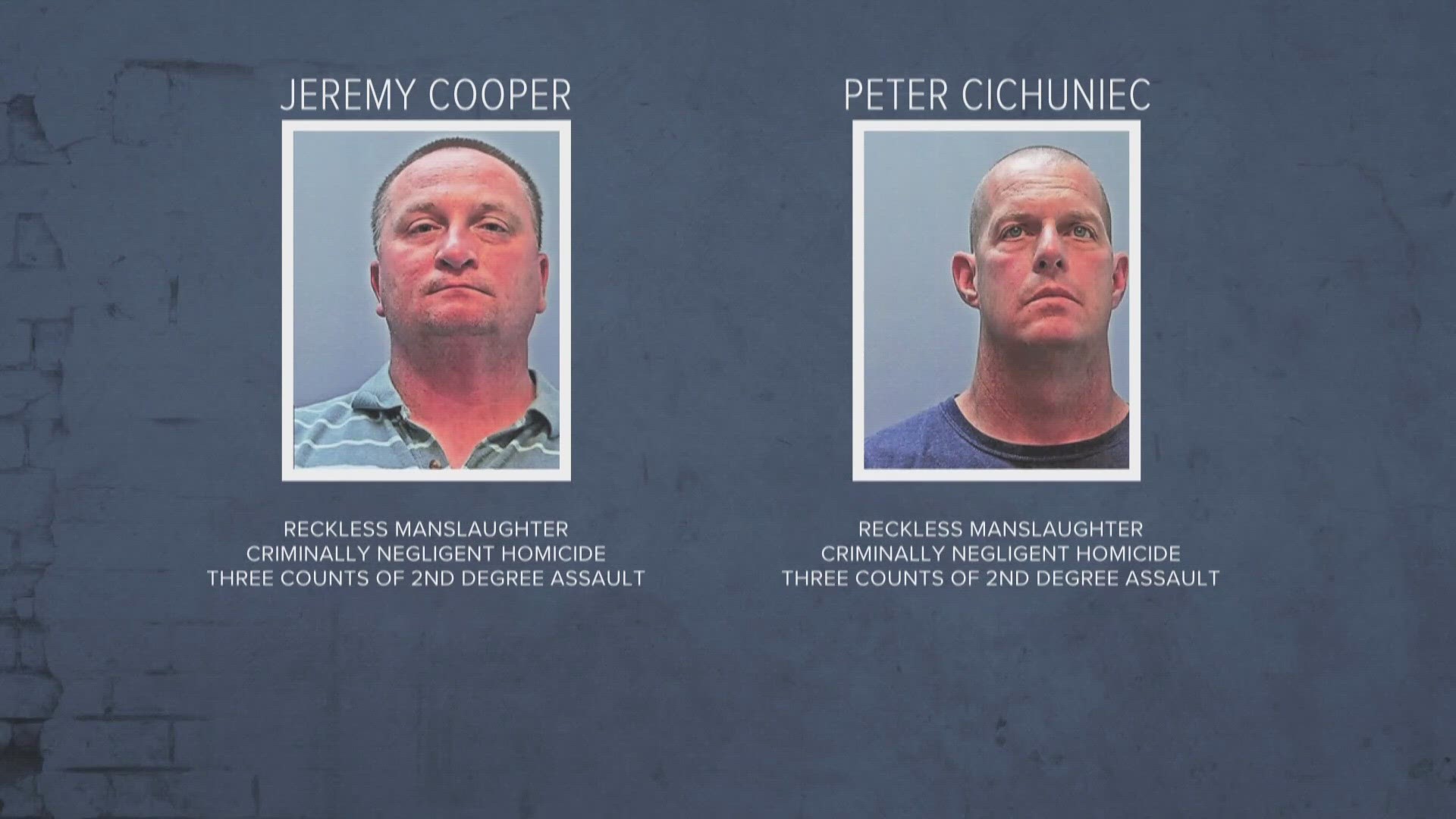AURORA, Colo. — In opening statements in the final trial related to the 2019 death of Elijah McClain the two sides differed widely in their belief about whether paramedics should have given McClain the sedative ketamine which is blamed for causing his death.
Aurora Fire Rescue paramedics Jeremy Cooper and Peter Cichuniec were among five men indicted in 2021 for the 2019 death of McClain. They are the last of the five to go to trial and each is charged with reckless manslaughter and three counts of second-degree assault.
Prosecutor Shannon Stevenson called the 500-milligram dose given by them as "wrong in every way."
"At every single step, they acted with total disregard for Elijah McClain as their patient – as a person – and they killed Elijah McClain," she said.
Their defense attorneys argued that the two men believed McClain was suffering from excited delirium and followed their protocol for treating it which, they said, required ketamine.
"They don’t have discretion. They’re not doctors. They have to give ketamine," said Shanna Beggan, attorney for Jeremy Cooper.
Excited delirium is frequently associated with extreme agitation, superhuman strength, and an imperviousness to pain.
Beggan pointed out that McClain wasn't making sense, had a rapid heartbeat, and that officers told paramedics that McClain had "superhuman strength." One of them is heard in body-worn camera footage saying that McClain did a push-up with three of them on his back.
"Elijah was none of these things," countered Stevenson. "He was apologizing – he’s being polite - but the defendants - they’re going to give him the ketamine anyway."
In 2019, the year McClain died, paramedics reported using ketamine on 454 excited delirium patients. Two years later, the Colorado legislature curtailed the use of ketamine for purposes of excited delirium.
Most major medical societies, including the American Medical Association and the American Psychiatric Association, no longer recognize excited delirium as a legitimate medical condition.


Aurora officers first contacted McClain on Aug. 24, 2019, after a teenage boy called 911 and relayed that he saw McClain wearing a coat and mask and acting "suspicious." Within seconds, Nathan Woodyard, who was the first officer to arrive, grabbed McClain. He and officers Randy Roedema and Jason Rosenblatt then took McClain to the ground in a struggle.
During the struggle, Woodyard used a carotid hold on McClain, a maneuver that caused him to lose consciousness briefly. Afterward, McClain was handcuffed and restrained on the ground for more than 10 minutes.
Later that same night, paramedics, Cooper and Cichuniec injected McClain with the sedative ketamine. His heart stopped and he later died.


Prosecutors questioned whether McClain ever needed ketamine and said the paramedics didn't take any vital signs or ask McClain any questions directly. The medical kit they brought to the scene was never opened and none of the tools inside were used, Stevenson said.
"Instead, while he lay face down on the ground not speaking, barely moving, the defendants overdosed him with a powerful sedative. A drug that Elijah McClain had no need for and that the defendants had no purpose to give," she said.
The defense attorneys countered that when Cooper tried to ask McClain questions - police responded by lifting McClain up and slamming him into the ground.
"He doesn’t have a gun. He has no authority to kick those officers off his patient," Beggan said. "He has no authority to intervene… and he has to calm the situation down."
Ultimately, McClain was given a 500-milligram dose of ketamine - which is the largest dose paramedics are permitted to give. The drug is weight-based and the 500 milligrams was much larger than the appropriate dose for someone of McClain's size.
"This case is not about whether mistakes were made or protocols were missed. This case is about helping Mr. McClain, these two gentlemen committed a crime," said Mike Lowe, attorney for Peter Cichuniec. "In the end, we are confident you will find that they did not."
He also told the jury to question why prosecutors didn't show them the 11 minutes of body-worn camera footage showing the officers' interactions with McClain prior to the paramedics arriving.
"As the case goes on - continue to pay attention to the details - to what you have and haven’t seen," he said.
After lunch, the jury heard from the owner of a Shell gas station where McClain made a purchase on the night he died. They also heard from a 911 call taker and listened to the 911 call that prompted police to contact McClain.
The paramedics are the last two of the five men indicted in McClain's death to go to trial. In the first trial, the jury returned a split verdict for Aurora officers Randy Roedema and Jason Rosenblatt. Roedema was found guilty of criminally negligent homicide and third-degree assault and will be sentenced in January. That same jury acquitted Rosenblatt of all charges.
A separate jury acquitted Aurora officer Nathan Woodyard. Following his acquittal he was eligible to return to Aurora Police and in late November the city confirmed he elected to reintegrate with the department and was on restricted duty.
SUGGESTED VIDEOS: Elijah McClain death
"

